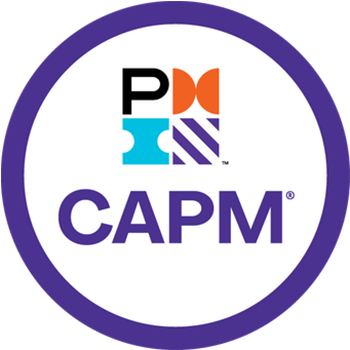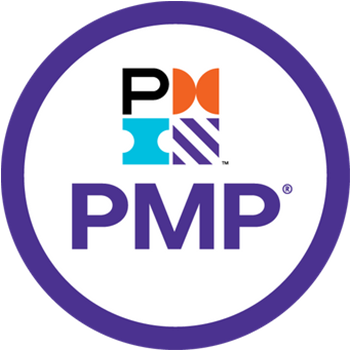Project Management Board
Project Management Institute, PMI®
Project Management Institute (PMI) is the world’s leading association for those who consider project, program or portfolio management their profession. PMI’s membership signifies that you are serious about your project management career and your professional development. Also, PMI highlights this dedication to employers, colleagues and stakeholders, giving you an edge in the job market, providing you with access to valuable knowledge, networks and resources.
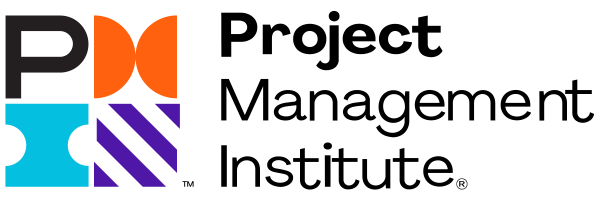
Project Management Book Of Knowledge, PMBOK® 7th
The project management body of knowledge (BOK) seventh edition includes both published and unpublished materials. This body of knowledge is constantly evolving. This PMBOK® Guide identifies a subset of the project management body of knowledge that is generally recognized as good practice. FAQ
The PMBOK® Guide 7th Edition will be available on 1 August, 2021.
- Project Delivery Principles
- Performance Domains
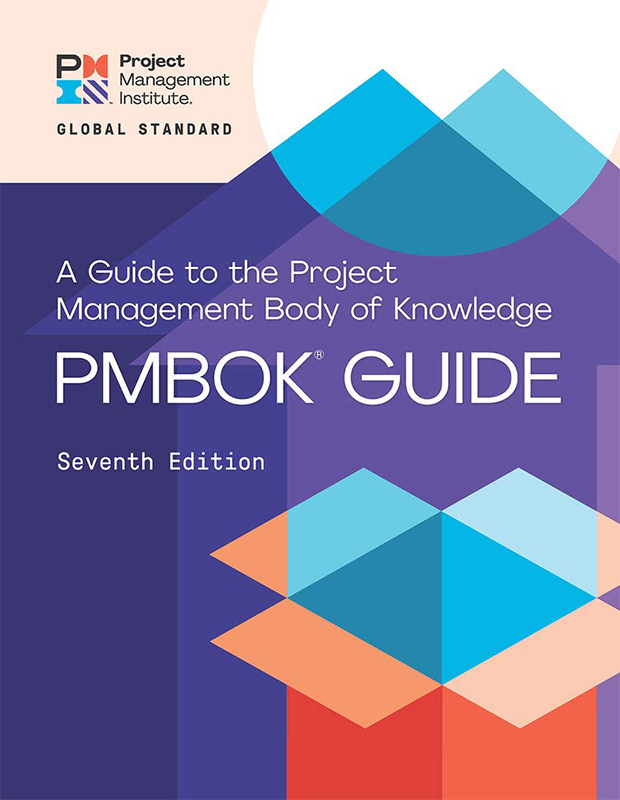
Project Management Book Of Knowledge, PMBOK® 6th
The project management body of knowledge (BOK) sixth edition includes both published and unpublished materials. This body of knowledge is constantly evolving. This PMBOK® Guide identifies a subset of the project management body of knowledge that is generally recognized as good practice.
- Process Groups
- Knowledge Areas
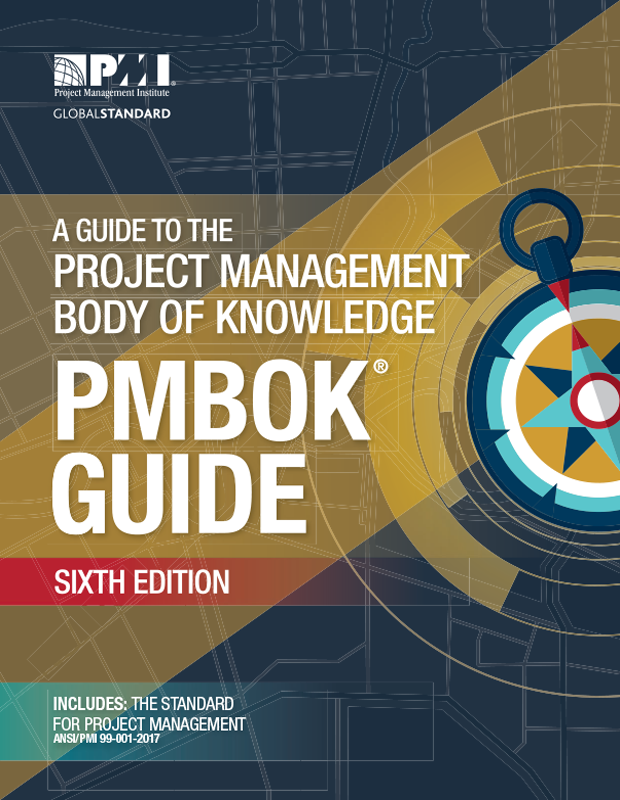
Project Management, Agile Practice Guide
The Agile Practice Guide was developed as a collaborative effort by the Project Management Institute (PMI) and Agile Alliance® chartered this practice guide to create a greater understanding of agile approaches in their communities. The vision for this practice guide is to equip project teams with tools, situational guidelines, and an understanding of the available agile techniques and approaches to enable better results.
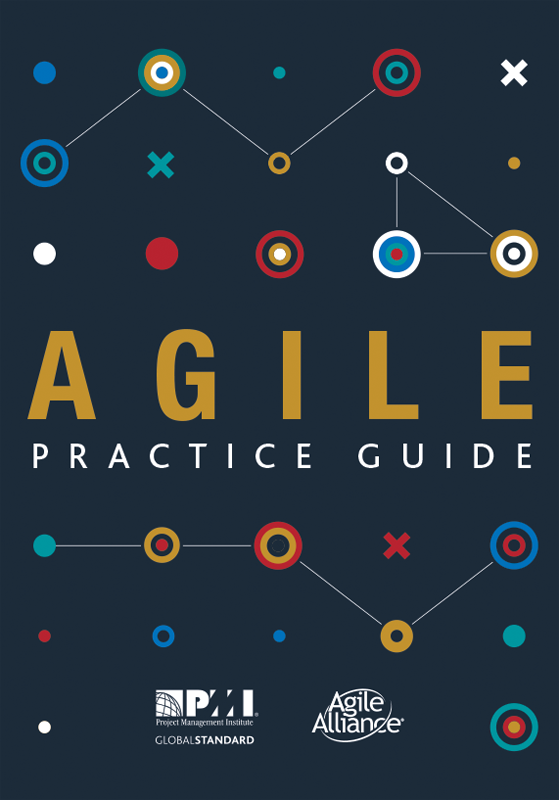
PMI Standards Plus
The Project Management Institute’s Standards Plus platform links to the PMBOK Guide via Models, Methods and Artifacts section incorporating contents in a new digital solution for instant access to all PMI standards, guides, how-to content and more all tailored to industry, approach and goals.

Project Management Outline
The outcomes of these projects were the result of leaders and managers applying project management practices, principles, processes, tools, and techniques to their work. The managers of these projects used a set of key skills and applied knowledge to satisfy their customers and other people involved in and affected by the project. By the mid-20th century, project managers began the work of seeking recognition for project management as a profession. One aspect of this work involved obtaining agreement on the content of the body of knowledge (BOK) called project management. This BOK became known as the Project Management Body of Knowledge (PMBOK). The Project Management Institute (PMI) produced a baseline of charts and glossaries for the PMBOK. Project managers soon realized that no single book could contain the entire PMBOK. Therefore, PMI developed and published A Guide to the Project Management Body of Knowledge (PMBOK® Guide).
1.0 – Introduction
2.0 – Project Environment
3.0 – Project Manager Role
4.0 – Project Integration Management
5.0 – Project Scope Management
6.0 – Project Schedule Management
7.0 – Project Cost Management
8.0 – Project Quality Management
9.0 – Project Resource Management
10.0 – Project Communications Management
11.0 – Project Risk Management
12.0 – Project Procurement Management
13.0 – Project Stakeholder Management
Introduction To Project Management
PMI defines the project management body of knowledge (PMBOK) as a term that describes the knowledge within the profession of project management. The project management body of knowledge includes proven traditional practices that are widely applied as well as innovative practices that are emerging in the profession.
1.1 – Overview
1.2 – Foundational Elements
The Environment In Which Projects Operate
Projects exist and operate in environments that may have an influence on them. These influences can have a favorable or unfavorable impact on the project. Two major categories of influences are enterprise environmental factors (EEFs) and organizational process assets (OPAs).
2.1 – Overview
2.2 – Enterprise Environmental Factors
2.3 – Organizational Process Assets
2.4 – Organizational Systems
The Role Of The Project Manager
The role of a project manager is distinct from that of a functional manager or operations manager. Typically, the functional manager focuses on providing management oversight for a functional or business unit. Operations managers are responsible for ensuring that business operations are efficient. The project manager is the person assigned by the performing organization to lead the team that is responsible for achieving the project objectives.
3.1 – Overview
3.2 – Definition of a Project Manager
3.3 – Project Manager’s Sphere of Influence
3.4 – Project Manager Competences
3.5 – Performing Integration
Project Integration Management
Project Integration Management includes the processes and activities to identify, define, combine, unify, and coordinate the various processes and project management activities within the Project Management Process Groups. In the project management context, integration includes characteristics of unification, consolidation, communication, and interrelationship from the start of the project through completion.
4.1 – Develop Project Charter
4.2 – Develop Project Management Plan
4.3 – Direct & Manage Project Work
4.4 – Manage Project Knowledge
4.5 – Monitor & Control Project Work
4.6 – Perform Integrated Change Control
4.7 – Close Project or Phase
Project Scope Management
Project Scope Management includes the processes required to ensure that the project includes all the work required, and only the work required, to complete the project successfully. Managing the project scope is primarily concerned with defining and controlling what is and is not included in the project.
5.1 – Plan Scope Management
5.2 – Collect Requirements
5.3 – Define Scope
5.4 – Create WBS
5.5 – Validate Scope
5.6 – Control Scope
Project Schedule Management
Project Schedule Management includes the processes required to manage the timely completion of the project.
6.1 – Plan Schedule Management
6.2 – Define Activities
6.3 – Sequence Activities
6.4 – Estimate Activities Durations
6.5 – Develop Schedule
6.6 – Control Schedule
Project Cost Management
Project Cost Management includes the processes involved in planning, estimating, budgeting, financing, funding, managing, and controlling costs so that the project can be completed within the approved budget.
7.1 – Plan Cost Management
7.2 – Estimate Costs
7.3 – Determine Budget
7.4 – Control Cost
Project Quality Management
Project Quality Management includes the processes for incorporating the organization’s quality policy regarding planning, managing, and controlling project and product quality requirements in order to meet stakeholders’ objectives. Project Quality Management also supports continuous process improvement activities as undertaken on behalf of the performing organization.
8.1 – Plan Quality Management
8.2 – Manage Quality
8.3 – Control Quality
Project Resource Management
Project Resource Management includes the processes to identify, acquire, and manage the resources needed for the successful completion of the project. These processes help ensure that the right resources will be available to the project manager and project team at the right time and place.
9.1 – Plan Resource Management
9.2 – Estimate Activities Resources
9.3 – Acquire Resources
9.4 – Develop Project Team
9.5 – Manage Project Team
9.6 – Control Resources
Project Communications Management
Project Communications Management includes the processes necessary to ensure that the information needs of the project and its stakeholders are met through development of artifacts and implementation of activities designed to achieve effective information exchange. Project Communications Management consists of two parts. The first part is developing a strategy to ensure communication is effective for stakeholders. The second part is carrying out the activities necessary to implement the communication strategy.
10.1 – Plan Communications Management
10.2 – Manage Communications
10.3 – Monitor Communications
Project Risk Management
Project Risk Management includes the processes of conducting risk management planning, identification, analysis, response planning, response implementation, and monitoring risk on a project. The objectives of project risk management are to increase the probability and/or impact of positive risks and to decrease the probability and/or impact of negative risks, in order to optimize the chances of project success.
11.1 – Plan Risk Management
11.2 – Identify Risk
11.3 – Perform Qualitative Risk Analysis
11.4 – Perform Quantitative Risk Analysis
11.5 – Plan Risk Response
11.6 – Implement Risk Response
11.7 – Monitor Risks
Project Procurement Management
Project Procurement Management includes the processes necessary to purchase or acquire products, services, or results needed from outside the project team. Project Procurement Management includes the management and control processes required to develop and administer agreements such as contracts, purchase orders, memoranda of agreements (MOAs), or internal service level agreements (SLAs). The personnel authorized to procure the goods and/or services required for the project may be members of the project team, management, or part of the organization’s purchasing department if applicable.
12.1 – Plan Procurements Management
12.2 – Conduct Procurements
12.3 – Control Procurements
Project Stakeholder Management
Project Stakeholder Management includes the processes required to identify the people, groups, or organizations that could impact or be impacted by the project, to analyze stakeholder expectations and their impact on the project, and to develop appropriate management strategies for effectively engaging stakeholders in project decisions and execution. The processes support the work of the project team to analyze stakeholder expectations, assess the degree to which they impact or are impacted by the project, and develop strategies to effectively engage stakeholders in support of project decisions and the planning and execution of the work of the project.
13.1 – Identify Stakeholders
13.2 – Plan Stakeholder Engagement
13.3 – Manage Stakeholder Engagement
13.4 – Monitor Stakeholder Engagement
PMboard Platform
Get ahead with mock exam and test questions with advanced explanations in a full detailed preparation program by complete application support for CAPM® and PMP® Exam Prep based on the PMBOK® 6th Guide (Sixth Edition). Boost Your Exam Preparation with our top exam simulations and start reaping the benefits!

CAPM® Full Exam
You will learn to qualify for the CAPM exam details and the CAPM certification, create a strategy for passing your project management certification exam in order to be a successful certified associate project manager and work with programs and project management offices worldwide.

PMP® Full Exam
You will learn to qualify for the PMP exam details and the PMP certification, create a strategy for passing your project management certification exam in order to be a successful certified project manager professional and work with programs and project management offices worldwide.


